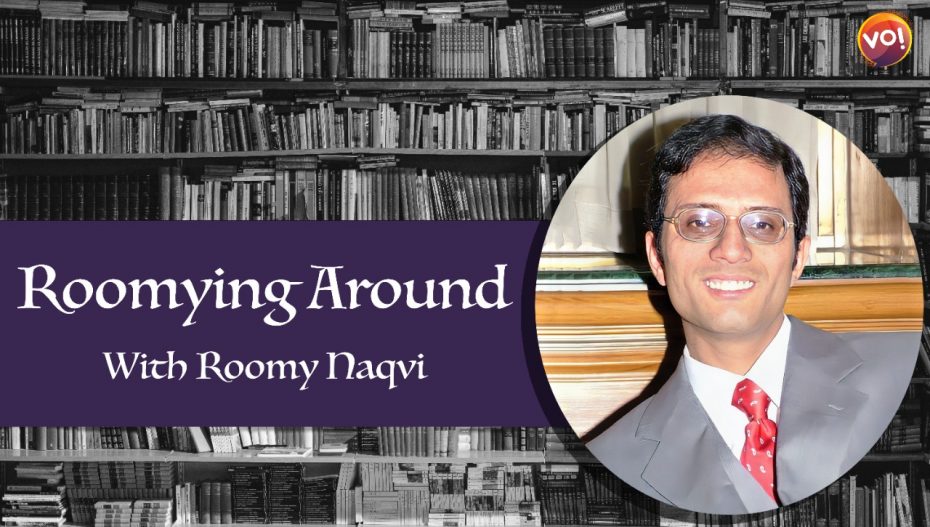Yehuda Amichai (1924-2000) was a very important poet of Israel, a modern Jewish poet, a poet who could transcend his time. I wanted to do a series of articles on Jewish writers, and I thought who better than Yehuda Amichai to begin with, a poet, who stood witness to historical events around him. He was the recipient of several prizes although the Nobel eluded him. Translator, Robert Alter says that Amichai “is the most widely translated Hebrew poet since King David.” Amichai believed that all poetry was political in nature. In an interview with The Paris Review, he says, “real poems deal with a human response to reality, and politics is part of reality, history in the making”.
You might like to read this detailed article on his work at the Poetry Foundation website: https://www.poetryfoundation.org/poets/yehuda-amichai
Amichai was born in Germany and when he was barely twelve, his family settled in Palestine. War, conflict and momentous events of the twentieth century inform his poetry. He had served in the 1948 Arab-Israeli War and later, also in the Yom Kippur War.
Former American Poet Laureate, Robert Pinsky reads a poem by Yehuda Amichai, “Once a Great Love”. You could listen to it here: https://www.youtube.com/watch?v=nA2T3zkIxQ4&t=10s
Modern Poetry in Translation, that renowned literary journal, has an excellent piece on Yehuda Amichai’s poetry too. You can read it here: https://modernpoetryintranslation.com/poet/yehuda-amichai/
I’ll share a stanza from his poem, “When I was a Boy”, translated by Margalit Benaya, for you.
—
Quote:
When I was a boy
Grasses and masts stood beside the shore,
And I, lying there,
Couldn’t distinguish between them,
For they all rose up to the sky above me.
Only the words of my mother stayed with me
Like a slice of bread wrapped in rustling tissue
And I did not know when my father would return,
For there was another forest beyond the clearing.
From “When I was a Boy”, by Yehuda Amichai, translated by Margalit Benaya, from Modern Poetry in Translation, https://modernpoetryintranslation.com/poem/when-i-was-a-boy/
—
In another poem, “A Room by the Sea”, translated by the Indian poet, Dom Moraes, Amichai speaks thus:
—
Quote:
The sea outside. And a shoe filled with nothing,
Looking for a foot that took its leave.
A fortress of restraint moved by two feet.
Almost books. And a glass without a use.
……
Later I wove a flag of doubt once more.
I hung it up, and looked outside to find
How it clatters, moving in the wind.
–“A Room by the Sea”, Yehuda Amichai, translated by Dom Moraes, Modern Poetry in Translation, https://modernpoetryintranslation.com/poem/a-room-by-the-sea/
—
In yet another poem, “Jews in the Land of Israel”, translated by Chana Bloch, Amichai’s voice rings loud and clear:
—
Quote:
What are we doing, coming back here with this pain?
Our longings were drained together with the swamps,
the desert blooms for us, and our children are beautiful.
Even the wrecks of ships that sank on the way
reached this shore,
even winds did. Not all the sails.
…….
What are we doing with these souls of mist, with these names,
with our eyes of forests, with our beautiful children,
with our quick blood?
Spilled blood is not the roots of trees
but it’s the closest thing to roots
we have.
–“Jews in the Land of Israel”, by Yehuda Amichai, translated by Chana Bloch, from The Poetry Foundation website: https://www.poetryfoundation.org/poems/58629/jews-in-the-land-of-israel
—
Yet another powerful poem by Yehuda Amichai is titled, “I Wasn’t One of the Six Million: And What Is My Life Span? Open Closed Open”, translated by Chana Bloch. I’ll just quote a stanza from the poem here. You could read the entire poem at the link below:
—
Quote:
Open closed open. Before we are born, everything is open
in the universe without us. For as long as we live, everything is closed
within us. And when we die, everything is open again.
Open closed open. That’s all we are.
–“I Wasn’t One of the Six Million: And What Is My Life Span? Open Closed Open” by Yehuda Amichai, translated by Chana Bloch, from The Poetry Foundation website https://www.poetryfoundation.org/poems/52937/i-wasnt-one-of-the-six-million-and-what-is-my-life-span-open-closed-open
—-
There is an excellent audio program on Yehuda Amichai at the NPR, titled, Love, War and History: Israel’s Yehuda Amichai. You could listen to it here: https://www.npr.org/templates/story/story.php?storyId=9699843
You can also look at The Griffin Poetry Prize YouTube channel, where you can listen to “The Griffin Poetry Prize 2001, Judges’ Citation: Yehuda Amichai”– https://www.youtube.com/watch?v=WItE8-HMcNM
There is a kind of humour at work in the readings at The Griffin Prize above. The stamp of modernity is unmistakable in the poetry of Yehuda Amichai. At The Poetry Foundation website, which I shared earlier in the article, there’s another fascinating poem, “Poem Without an End”, or “A Pity, We Were Such a Good Invention”, which will shed more light on his work. One can see a laconic, sardonic tone in Yehuda Amichai too.
In fact, Agha Shahid Ali writes a kind of rejoinder to Amichai in one of his ghazals. Ali writes,
“I too, O Amichai, saw the dresses of beautiful women.
And everything else, just like you, in Death, Hebrew, and Arabic.”
The reason I gave you such a wide range of Yehuda Amichai’s poetry was because I wanted to place his work firmly as ‘poetry of witness’, poetry that acutely chronicles historical events around him. And while doing so, the poet also keeps his focus firmly on the human predicament. Next week, I’ll most likely talk about Mahmoud Darwish, the great Palestinian poet, from the other side of the fence, to use a cliché.











